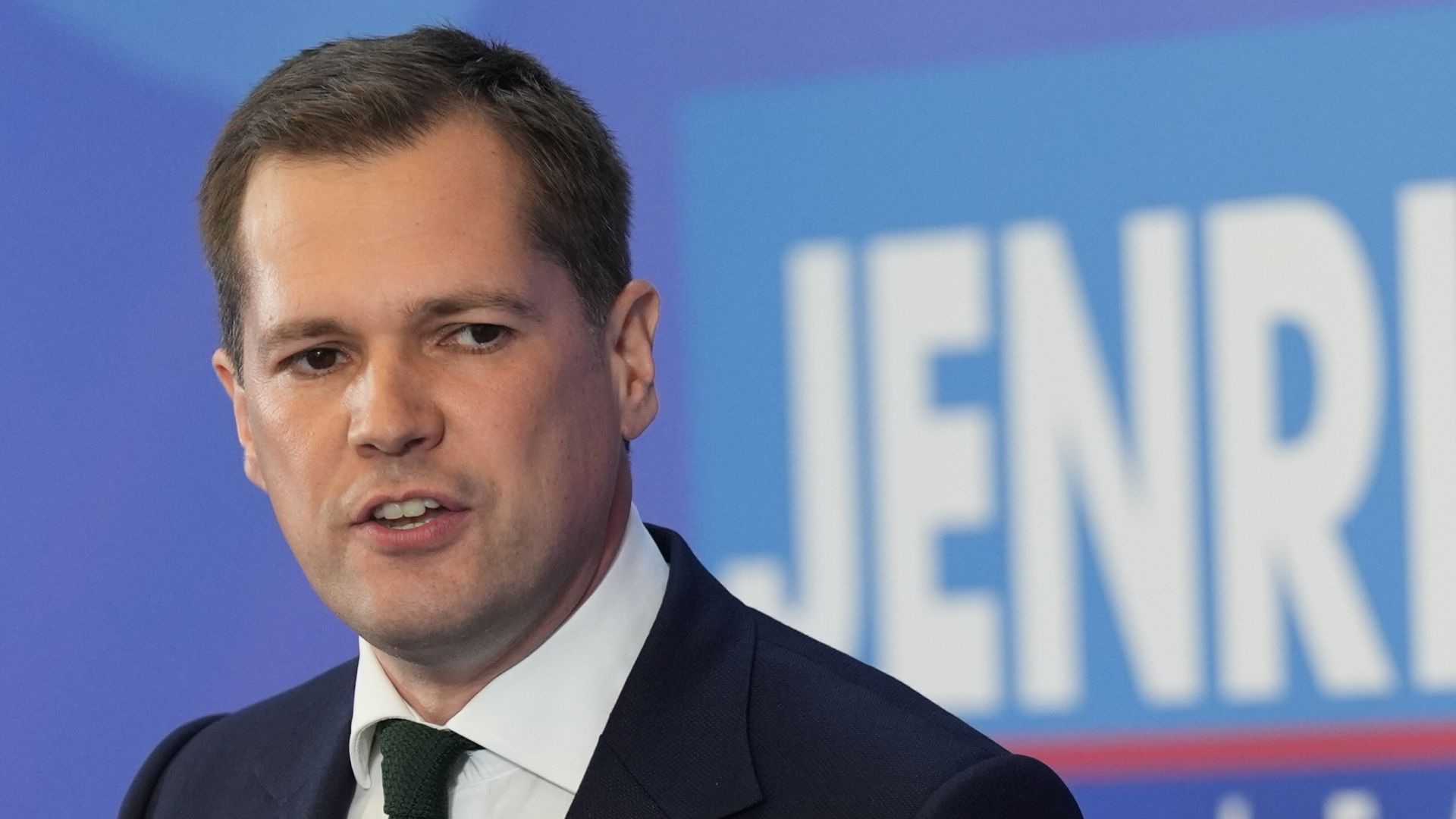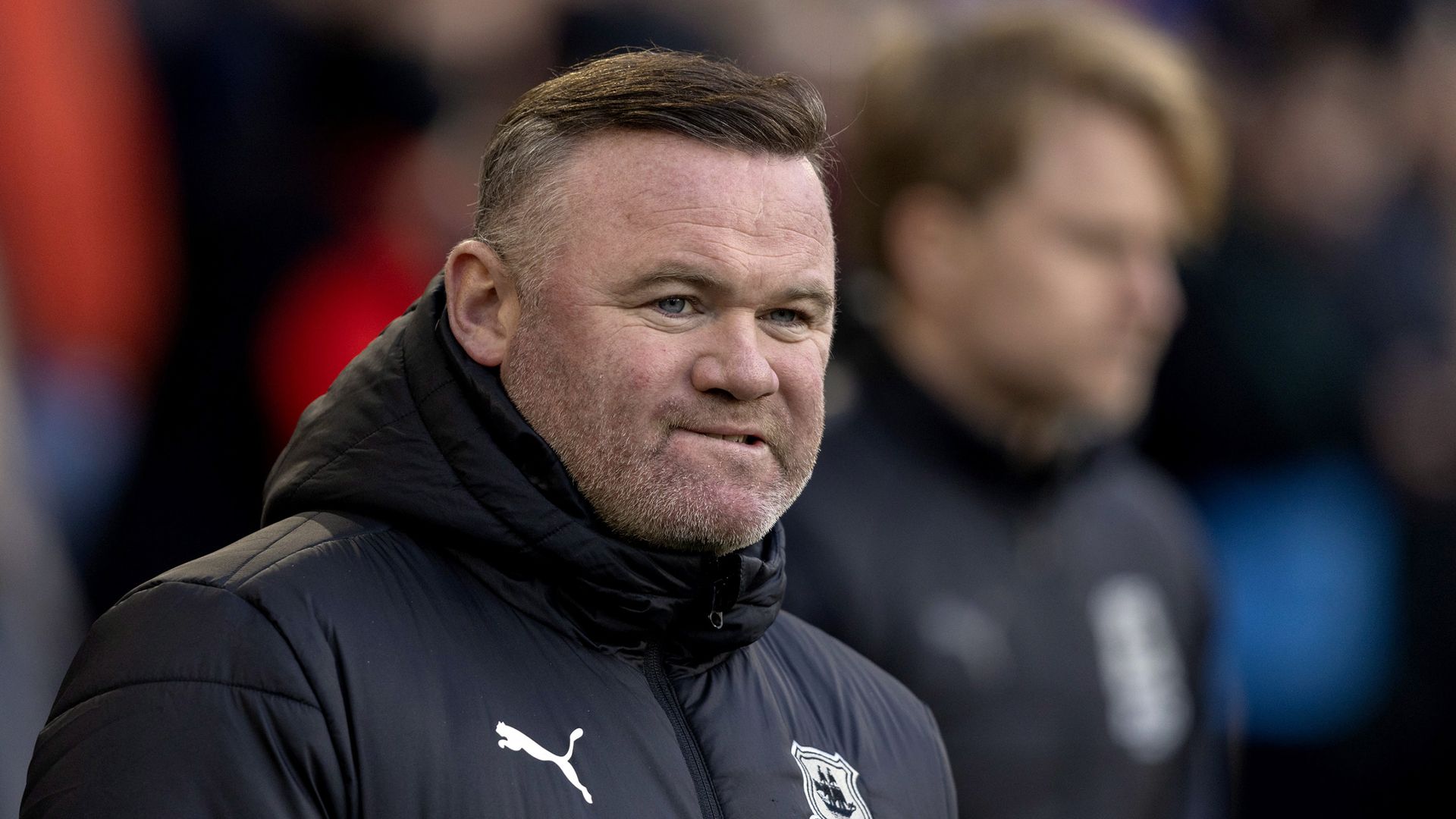Tory leadership candidate Robert Jenrick has claimed mass migration and “woke culture” have put England’s national identity at risk.
Mr Jenrick, who remains the favourite to replace Rishi Sunak, accused the “metropolitan establishment” of having a “sneering attitude” towards England’s identity.
The former immigration minister said the ties that bind the nation are beginning to “fray” due to this attitude and the “influx of migrants”.
“The public have consistently voted against all of this. Those in Westminster are underestimating the depth of anger in the country,” he wrote in the Daily Mail.
Mr Jenrick suggested a suppression of England’s identity helped lead to riots this summer following the Southport stabbings.
He blamed years of “inter-communal violence, radicalisation and diminishing trust in our communities” for the riots.
Diane Abbott accuses Tories of ‘paying lip service to fighting racism’ after disgraced donor gave £5m
Mel Stride knocked out of Tory leadership race – as Robert Jenrick stays in the lead
Voter ID rules ‘discouraged’ some people from voting in general election, watchdog finds
However, when asked by Sky News how he would define English identity, Mr Jenrick said he would not “distil the identity and the history of England into a soundbite”.
Given seven opportunities to say what English identity is, he said it is the history and culture of England which should be celebrated, but said that is not being taught “to our children”.
Asked what English identity is, ge said: “I think it is something some people across our country know about.”
Mr Jenrick also wrote in the Daily Mail it will be impossible to “heal our divided nation if we refuse to confront complex issues about identity”.
Mr Jenrick warned the UK could fall prey to the “ugly politics” of the far-right unless the identity crisis and immigration is brought under control.
He said the English “metropolitan elite…actively disapprove” of the country’s history and culture.
And he said “high status” people in Scotland and Wales are “proud to be Scottish and Welsh” as well as British, but those in England are “far from proud to be English”.
Be the first to get Breaking News
Install the Sky News app for free
Read more:
Row over PM’s freebies ‘not important’, says minister
Sue Gray ‘on right pay for job’, says Harriet Harman
The 42-year-old was previously seen as a centrist, becoming an MP under David Cameron who he was a staunch supporter of.
A Sunak loyalist in the early days of his premiership, Mr Jenrick then moved towards the right after becoming immigration minister, telling former Tory MP Nickie Aiken “once he got into the weeds, he realised how broken the system was and that it needed full-scale reform”.
Last year, he resigned from Mr Sunak’s government as he said legislation to allow the Rwanda policy to go ahead did “not go far enough” to ensure it would happen.
The move was seen as laying the groundwork to run for Tory leader, which he is now doing.
He has proposed limiting net immigration to below 100,000 a year and called for the UK to leave the European Convention on Human Rights so asylum seekers could be deported to Rwanda.
Please use Chrome browser for a more accessible video player
Mr Jenrick told Sky News immigration has made England “richer” over the centuries but in the past 25 years “since Tony Blair” became prime minister, net migration has soared to 5.9 million.
“And that is just far too high and it’s made it impossible to successfully integrate people to ensure we have the sense of national togetherness and identity that I want to see,” he said.
He said putting a cap on immigration would make it “easier for us to successfully integrate people” and help with other issues such as housing, accessing public services and foreign labour undercutting British wages.
The Conservative admitted mass migration “has been a failure of both [Conservative and Labour] political parties”.
The other Tory leadership candidates are Kemi Badenoch, James Cleverly and Tom Tugendhat.
They are getting ready for hustings to be held at the Conservative Party conference in Birmingham, which begins on 29 September.
MPs will then narrow the group to a final two, with the winner announced in November after being put to members in a vote.






